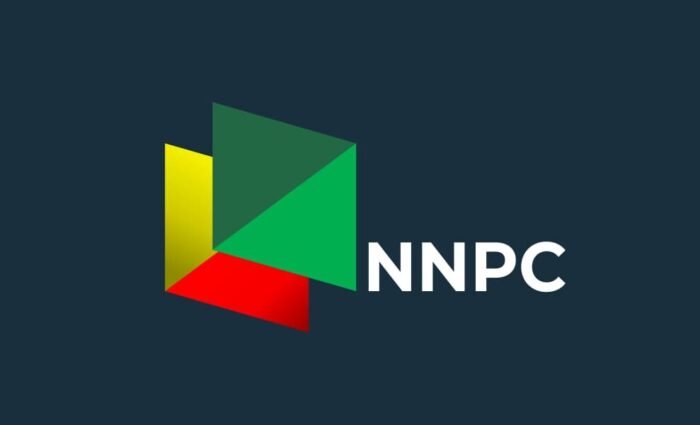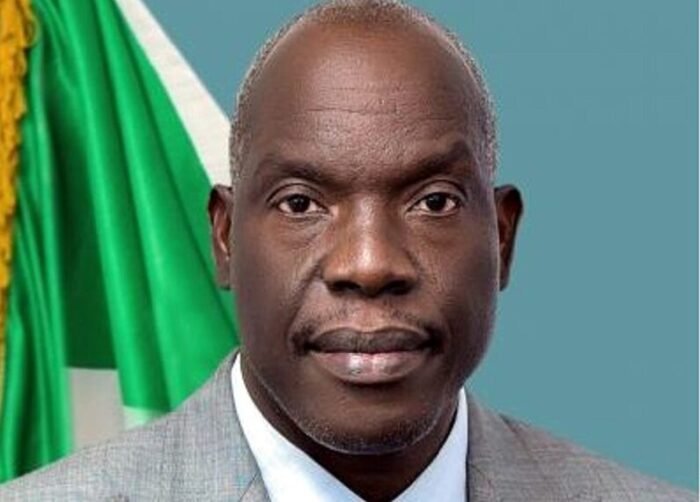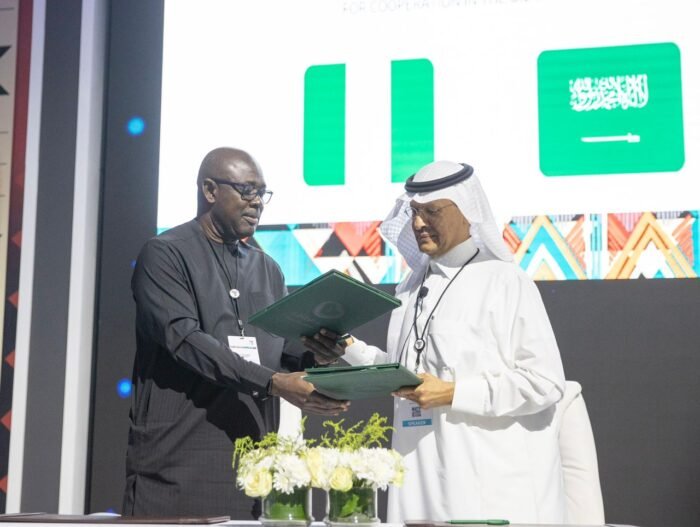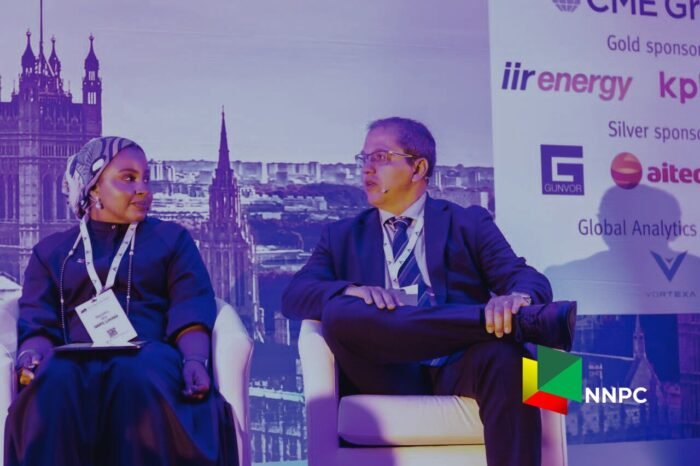Petroleum tanker drivers begin nationwide protest, threaten to exit NUPENG
By Emmanuella Anokam The Petroleum Tanker Drivers (PTD) have threatened to exit its umbrella body, the Nigeria Union of Petroleum and Natural Gas Workers (NUPENG), if its President Williams Akporeha and General-Secretary, Afoloabi Olawale, did not resign. Mr Gbenga Olawale, an Ex-Officio of the PTD from Ibadan depot, said inContinue Reading





















